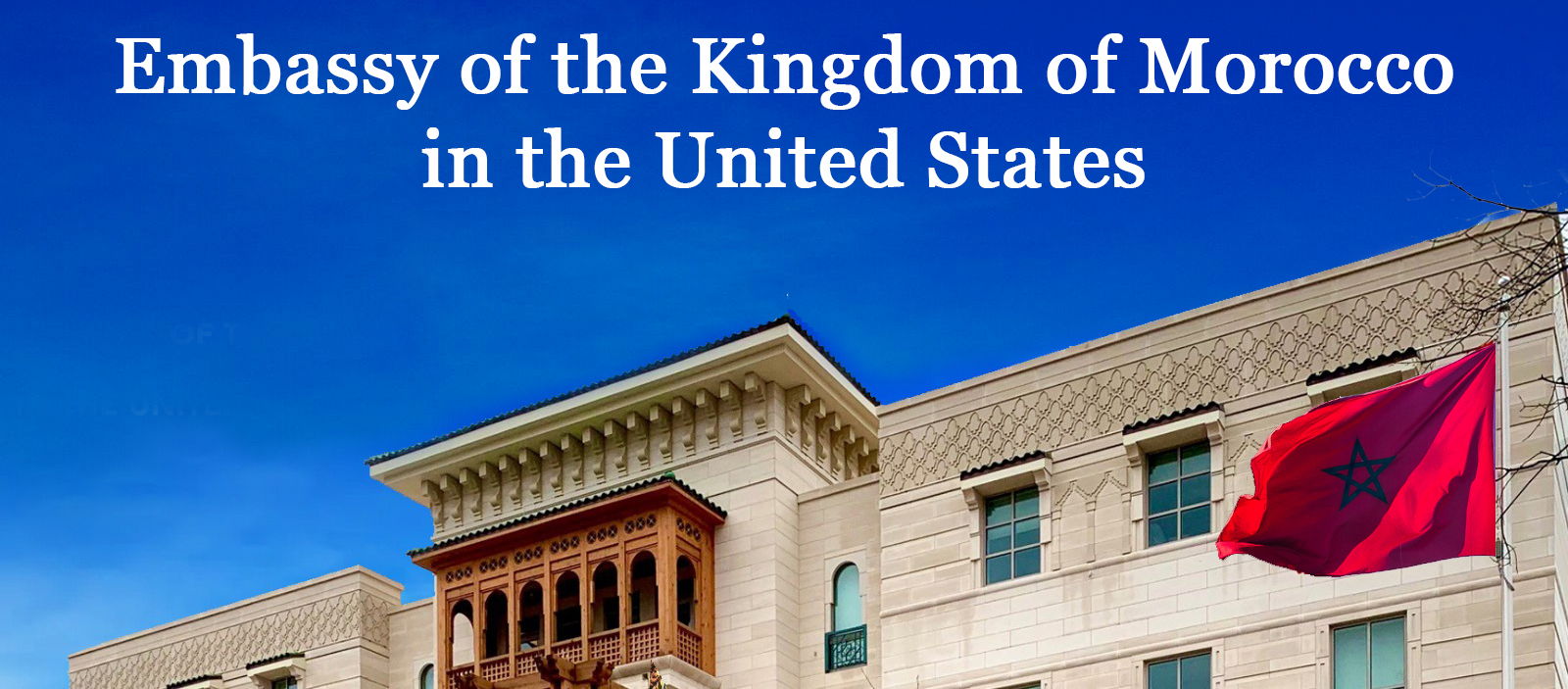- Home
- Embassy
- About Morocco
-
Morocco-US Relationship
Morocco-US Relationship
- Visit Morocco
- Consular Services
- Press & media
- Contact Us

CONSTITUTION OF THE KINGDOM OF MOROCCO
Since its independence in 1956, Morocco has undergone significant constitutional evolution, marked by the promulgation of six different constitutions, with revisions to three of them in 1972, 1992, and 1996. However, it was the enactment of the new constitution in 2011 that heralded a profound shift towards a more democratic governance framework.
The 2011 constitution represents a milestone in Morocco's democratic journey, characterized by its modernity, inclusivity, and adherence to universal principles of human rights. With an expanded structure comprising 180 articles organized into 14 titles, the new constitution embodies a contemporary approach to governance. Notably, its preamble is integrated into the constitutional text, emphasizing its significance as a foundational document for all Moroccans.
Morocco’s constitution was crafted through an inclusive, transparent, and democratic process, reflecting the collective will of the Moroccan people. It enshrines the principles of pluralism and linguistic and religious diversity, reaffirming the kingdom's identity as a mosaic of cultures and languages.
Central to the 2011 constitution is the establishment of a comprehensive bill of rights, grounded in universal standards of human rights and gender equality. The inclusion of provisions for gender parity reflects a commitment to advancing women's rights and promoting gender equality in all spheres of society.
Moreover, the constitution reaffirms the primacy of national sovereignty and the supremacy of constitutional law, ensuring a robust framework for democratic governance under a constitutional monarchy. It delineates a clear separation of powers, with a democratic, parliamentary, and socially oriented monarchy.
The judiciary is recognized as an independent authority tasked with safeguarding rights and upholding the rule of law. Additionally, the constitution institutionalizes participatory and citizen democracy, empowering citizens to actively engage in the decision-making process.
Furthermore, the constitutional framework paves the way for advanced regionalization, enhancing territorial democracy and decentralization of power. It also establishes fundamental principles of good governance, ethical standards in public life, and the rule of economic law, setting a solid foundation for Morocco's socio-economic development.
And for good reasons, the fundamental features of this new text trace the contours: Consistency and modernity that rely as much on the form (180 items instead of 108 of the old text, well arranged in 14 titles) than on the level of the modern formulation of the preamble, integrated part of the constitutional text.
Embassy of the Kingdom of Morocco in Washington DC
+1 (202) 462-79793508 International Dr NW, Washington, DC 20008
Consulate Section in Washington DC
+1 (202) 499-10501211 Connecticut Ave NW #312, Washington, DC 20036
Consulate General in New York
+1 (212) 758-262555 Broadway, New York, NY 10006

 Menu
Menu